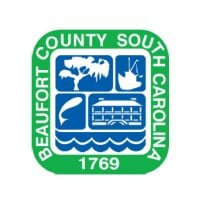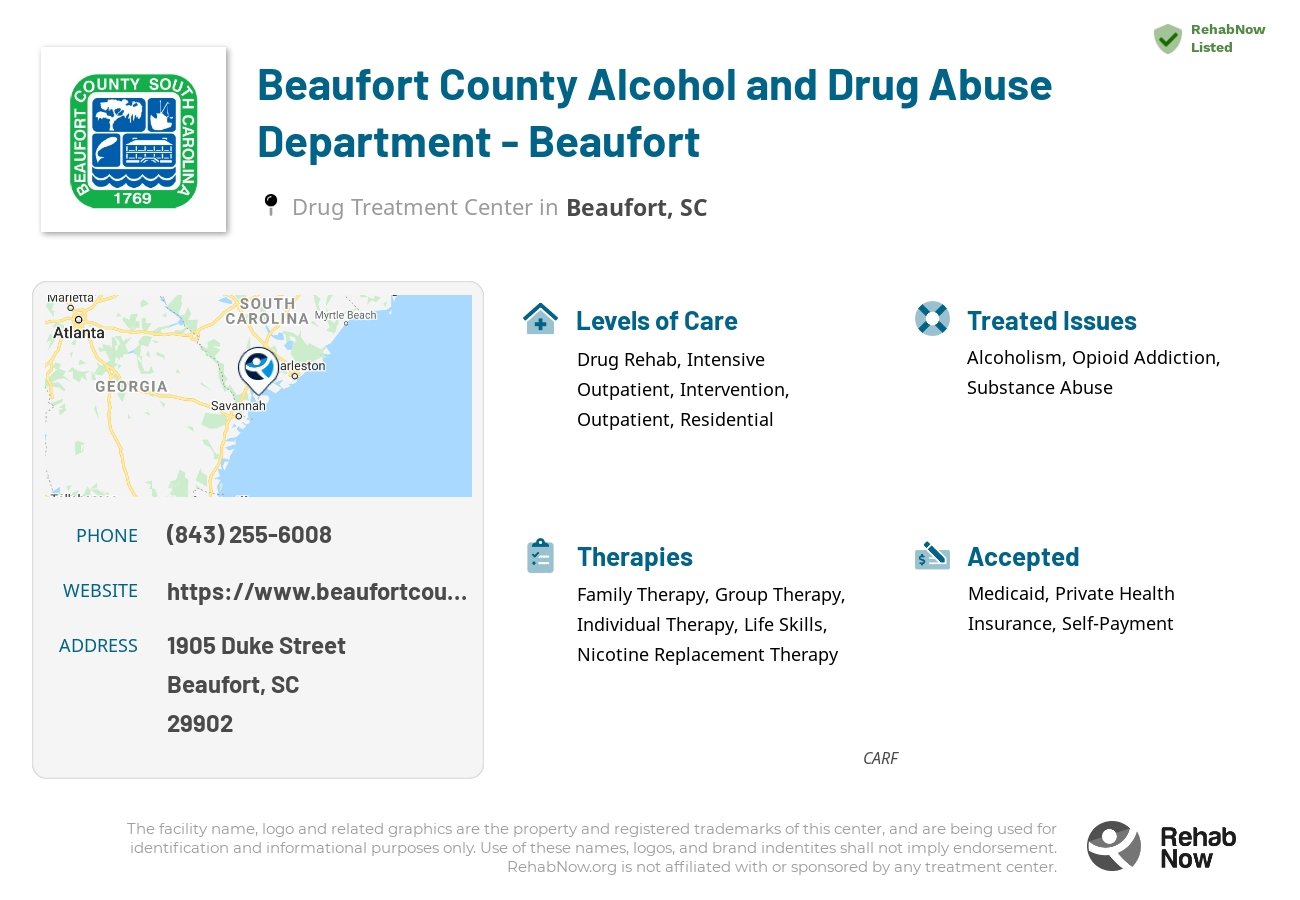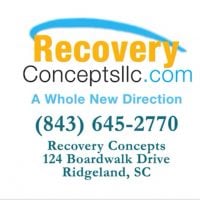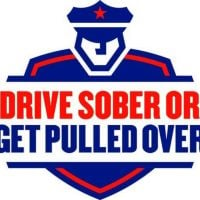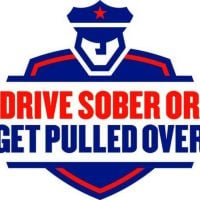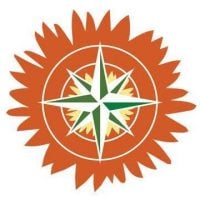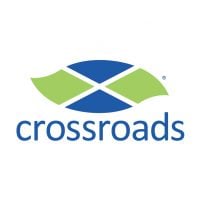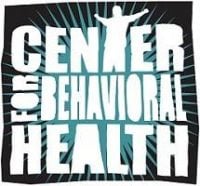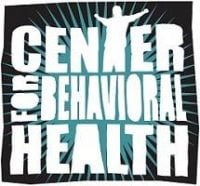Beaufort County Alcohol and Drug Abuse Department - Beaufort
Drug Rehab Center in Beaufort, South Carolina
The Beaufort County Alcohol and Drug Abuse Department provides individualized treatment plans which include residential, intensive outpatient and intervention options, all accredited by CARF, and accepts private health insurance, with the ultimate goal of long-term sobriety through evidence-based care.
About This South Carolina Facility
Beaufort County Alcohol and Drug Abuse Department - Beaufort is an accredited treatment facility in Beaufort, South Carolina. They hold certifications from CARF (Commission on Accreditation of Rehabilitation Facilities) and SAMHSA (Substance Abuse and Mental Health Services Administration), ensuring their commitment to providing high-quality care. This rehabilitation center specializes in treating individuals dealing with alcoholism, opioid addiction, substance abuse, drug addiction, and dual diagnosis. They offer various levels of care including drug rehab, intensive outpatient programs, intervention services, outpatient treatment, residential programs, aftercare support, and partial-hospitalization. The facility accepts private health insurance and is affiliated with the Beaufort County Alcohol and Drug Abuse Department.
Beaufort County Alcohol and Drug Abuse Department - Beaufort provides a wide range of services for individuals struggling with addiction and substance abuse. They offer drug rehab programs that focus on guiding individuals towards recovery through evidence-based therapies and a comprehensive approach. Additionally, they provide intensive outpatient programs, which allow individuals to receive treatment while maintaining their daily responsibilities. The facility also offers intervention services aimed at assisting families and loved ones in encouraging their struggling relatives to seek help. Outpatient treatment options are available for those who require flexibility in their schedule, while residential programs provide a structured environment for individuals who need a higher level of support. Aftercare support is offered to help individuals maintain their sobriety and prevent relapse, and partial-hospitalization programs are available for individuals who require a higher level of care.
Genders
Ages
Modality
Additional
Accreditations
SAMHSA

CARF
The Commission on Accreditation of Rehabilitation Facilities (CARF) is a non-profit organization that specifically accredits rehab organizations. Founded in 1966, CARF's, mission is to help service providers like rehab facilities maintain high standards of care.
Conditions and Issues Treated
Substance abuse is defined by the continued use of drugs or alcohol despite negative consequences, such as legal or work problems. It can be treated using a variety of services, including therapy and medication.
Substance abuse treatment is beneficial for:
- People who have been using drugs or alcohol for a long time.
- People who have been using drugs or alcohol to cope with stress, anxiety, or depression.
- People who have a mental health disorder in conjunction with substance abuse.
- People who continue to use drugs or alcohol despite the harmful effects they cause on their own life and the lives of others.
- People who have had multiple failed attempts at recovery without medical assistance.
If you believe that addiction treatment is right for you or a loved one, you can contact your primary care physician, or search for addiction treatment centers in your area. Treatment is beneficial to people who are motivated towards recovery, and who understand the benefits of professional care.
Opioid addiction is the result of repeated use, or abuse, of opioid drugs. It is recommended for people who are dependent on opioids, or who have a high risk for dangerous health concerns, to seek professional treatment. Treatment plans usually include behavioral therapy and medication-assisted treatment.
Opioid drugs include: fentanyl, heroin, methadone, oxycodone, and oxymorphone.
Opioid addiction treatment is beneficial for:
- People who have a history of severe withdrawal.
- People with a high risk for dangerous health concerns.
- People having difficulty overcoming opioid addiction on their own.
Levels of Care Offered at Beaufort County Alcohol and Drug Abuse Department - Beaufort
This center offers a variety of custom treatment tailored to individual recovery. Currently available are Drug Rehab, Intensive Outpatient, Intervention, Outpatient, Residential, with additional therapies available as listed below.
An Intensive Outpatient Program (IOP) is a form of drug treatment that allows individuals to receive the therapy they need while remaining in their homes and community.
An IOP is typically 3-5 days per week, at least 4 hours each day of treatment. Treatment can last for a few months or longer, depending on the situation.
An IOP is a step down from an inpatient treatment center and can be used as a step down from an inpatient stay or as a more intense form of outpatient treatment. IOPs allow for the flexibility to continue working and living at home while still meeting treatment demands.
The outpatient programs in Beaufort, SC are for those addicted drugs or alcohol. The goal of the outpatient rehabilitation program is to make them stop abusing drugs or alcohol, reduce drug use or addictive behaviors, and become entirely sober. It is generally required to attend the outpatient program for 10-12 hours every week.
Patients can be administered on-the-spot medication to ease withdrawal symptoms such as anxiety, increased heart rate, and even depression. Groups such as Alcoholics Anonymous (AA) and Narcotics Anonymous (NA) can be used as a part of outpatient treatment to help maintain sobriety.
Residential treatment programs are those that offer housing and meals in addition to substance abuse treatment. Rehab facilities that offer residential treatment allow patients to focus solely on recovery, in an environment totally separate from their lives. Some rehab centers specialize in short-term residential treatment (a few days to a week or two), while others solely provide treatment on a long-term basis (several weeks to months). Some offer both, and tailor treatment to the patient’s individual requirements.
The main goal of an intervention is for the addict to go to rehabilitation and address their addiction.
Interventions are meetings organized by friends and family of an individual with addiction. A specialist is present to lead the discussion and motivate the addict to seek external support. Intervention services help family members to open up about their feelings and concern for the addict. This expressiveness usually results in the addict seeking treatment at a rehabilitation facility.
Therapies & Programs
People in addiction recovery can benefit from individual therapy. This type of therapy involves meeting with a therapist one-on-one. This allows for a personal and trusting relationship to be built so that the patient can be truly themselves and express any emotions they feel. Individual therapy leads to greater understanding and peace about your triggers for addiction and coping strategies to prevent relapse.
Family therapy is a type of group problem-solving that aims to improve communication and relationships between the patient, their family, and sometimes friends. The main goal of family therapy for drug addiction is to create an environment where communication can occur without judgment, hostility, or blame. The therapist is with the family as they learn to communicate with each other differently, especially with the addict when s/he is using.
Group therapy sessions are held in rehab facilities, clinics, churches or community centers that offer drug addiction treatment. People who attend these groups are encouraged to voice their feelings and support other addicts in recovery. This helps group members strengthen their own recovery program while cheering on others who are struggling with sobriety.
Group therapy sessions provide recovering addicts with a chance to cope with everyday situations that many face. Group therapy sessions are held in rehab facilities, clinics, churches or community centers that offer drug addiction treatment.
People who attend these groups are encouraged to voice their feelings and support other addicts in recovery. This helps group members strengthen their own recovery program while cheering on others who are struggling with sobriety.
Cognitive Behavioral Therapy (CBT) helps addicts identify faulty, negative thinking so that they can work together with the therapist to find healthier ways of thinking. CBT focuses on specific aspects of each person’s thinking, feeling, physiology, and behavior. It aims to identify specific problems in these areas, and create a personalized treatment strategy.
Life Skills Services offered at Beaufort County Alcohol and Drug Abuse Department - Beaufort assists addicts in their recovery by teaching them healthy coping mechanisms that will aid them in becoming sober, focussing on helping people enter into, and maintaining long-term sobriety. Beaufort County Alcohol and Drug Abuse Department - Beaufort provide Life Skills Services at varying levels of intensity, specific to the needs and requirements of each patient.
Benefits of Life Skills Services offered at Drug Treatment Centers in South Carolina:
- Restores hope and empowerment — Helps addicts believe that recovery is possible and instills a new confidence in their ability to achieve a positive, drug-free future
- Enhances family involvement — Encourages families to get involved in the recovery process and supports their understanding and encouragement of healthy behavior.
- Increases patient’s compliance — Helps patients take responsibility for and ownership of their recovery and encourages continued progress
- Reduces relapse rates — Encourages long-term abstinence and emphasizes the importance of establishing sober support systems.
Payment Options Accepted
For specific insurance or payment methods please contact us.
Is your insurance accepted?
Ask an expert, call (888) 674-0062
Beaufort County Alcohol and Drug Abuse Department Associated Centers
Discover treatment facilities under the same provider.
- Beaufort County Alcohol and Drug Abuse - Bluffton in Bluffton, SC
- Beaufort County Alcohol and Drug Abuse Department - Bluffton in Bluffton, SC
- Beaufort County Alcohol and Drug Abuse - Beaufort in Beaufort, SC
Learn More About Beaufort County Alcohol and Drug Abuse Department Centers
Additional Details
Specifics, location, and helpful extra information.
Beaufort, South Carolina 29902 Phone Number(843) 255-6008 Meta DetailsUpdated November 25, 2023
Staff Verified
Patient Reviews
There are no reviews yet. Be the first one to write one.
Beaufort, South Carolina Addiction Information
More than 610,000 of South Carolina residents, or a staggering 11.9% of the state population, uses illicit drugs and another 230,000 residents abuse alcohol every year. A majority of the illegal drugs used and abused are opioids. Marijuana use and underage drinking occur amongst the young residents of this state–though at a lower rate compared to the national average.
Treatment in Nearby Cities
- Newberry, SC (138.1 mi.)
- Batesburg, SC (113.2 mi.)
- Conway, SC (135.4 mi.)
- Liberty, SC (199.5 mi.)
- Chesterfield, SC (162.6 mi.)
Centers near Beaufort County Alcohol and Drug Abuse Department - Beaufort
The facility name, logo and brand are the property and registered trademarks of Beaufort County Alcohol and Drug Abuse Department - Beaufort, and are being used for identification and informational purposes only. Use of these names, logos and brands shall not imply endorsement. RehabNow.org is not affiliated with or sponsored by Beaufort County Alcohol and Drug Abuse Department - Beaufort.
